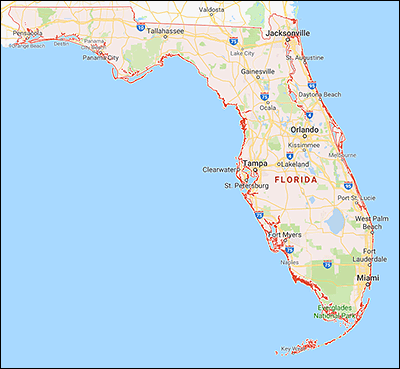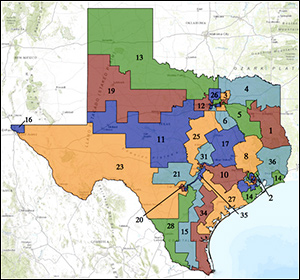(Jon Ossoff – “Selma”)
By Jim Ellis
Dec. 22, 2020 — The Georgia Senate runoff campaigns continue to see brisk pre-election voting participation and huge amounts of money being spent, while one of the candidates appears to be fundamentally changing his message strategy. In the two contested House races, the NY-22 result remains undecided, while questions are being raised around the IA-2 situation with regard to seating the state certified winner on Jan. 3.
The Georgia races, heading into Christmas week, feature political surveys finding both campaigns, those of Sen. David Perdue (R) against Jon Ossoff (D) and Sen. Kelly Loeffler (R) paired with Rev. Raphael Warnock (D) in their special election battle, falling within the polling margin of error.
The Target Smart statistical organization reveals that Democrats are slightly leading Republicans in pre-election ballots returned (47.0 – 46.7 percent, respectively within the universe of returned ballots), a difference between the two parties of just 4,025 ballots. Over 1.329 million votes have been received through the end of last week, which is only 241,088 under the number of early and mail votes recorded in the 2020 regular election.
During the regular election, the Democrats led the early and mail voting participation with 748,741 ballots (47.7 percent of the total return) compared to the GOP’s total of 719,515 (45.8 percent). The unaffiliated sector returned 102,635 ballots in the regular election. So far in the runoff cycle, 82,756 unaffiliated individuals have either voted early or mailed their ballots.
During the week, Democratic candidate Jon Ossoff changed his media strategy. Prior to this period, the Ossoff campaign had been concentrating on COVID as their key issue driver, but now appear to be concerned about African American voter turnout. With the pre-election numbers being slightly down for Democrats as described above, the change in Ossoff strategy suggests that the campaign strategists do not feel the black vote numbers are where they need to be to clinch a victory on Jan. 5.





